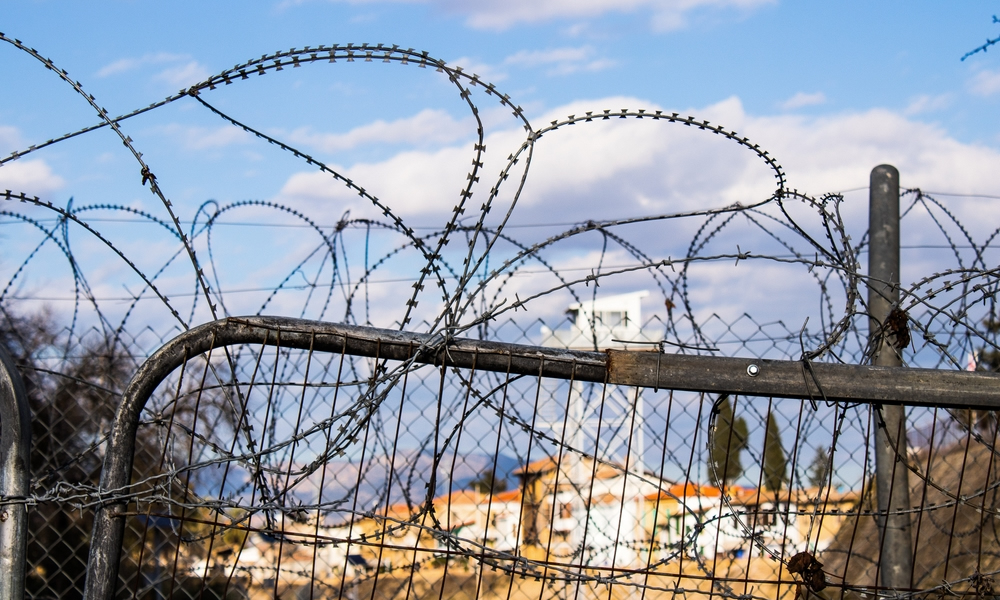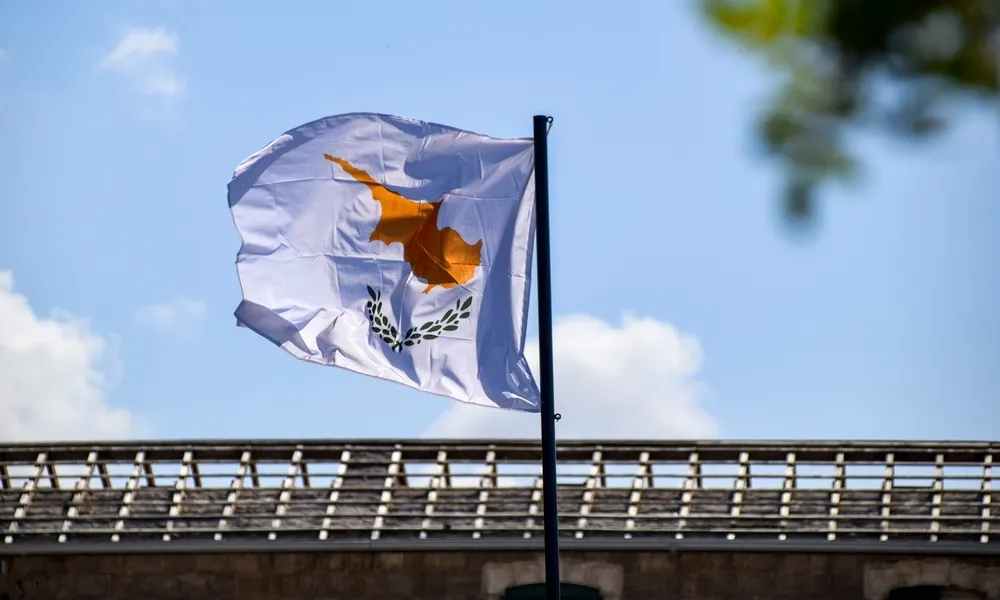Guilty is the democratic majority that still stands by as a spectator to the tricks of far-right nationalism. The naïve belief that engaging with it would stain one’s dignity, or that fascist movements will collapse under the weight of their own extremism, defies historical reality. Fascism and its companions, the parties that adopted its narratives and built their political survival on the “jam of nationalism” spread across their rhetoric, now see their followers drawn to the “authentic product”: the total fanaticism of fascism.
This entire system may seize power, but it will inevitably lead to the nation’s destruction. Germany and Italy under Hitler and Mussolini plunged swiftly into the abyss. Guilty too was the democratic majority of that era of being inactive, unwilling to correct mistakes, to heal citizens’ disillusionment, or to confront the demons it feared.
Nationalism, in its far-right forms, is not an ideology but a syndrome, one that cultivates fear and invents enemies. It is born whenever a society feels powerless to define its future and retreats into myths, symbols, and enemies to feel strong again. In Cyprus, that psychology became a political pathology. The trauma of division, the absence of a solution, and uncertainty about the future created fertile ground for far-right rhetoric, which sells “security” to those who have lost their confidence.

The far right does not promise progress, it promises return: to a supposed era of national purity, heroism, and order. We know the slogan “Greece of Greek Orthodox Christians” from the fascist junta in Athens, a slogan for which Cyprus paid the price in blood. Yet that past never existed. In reality, it is political fiction used to delegitimise democracy, discredit institutions, and fracture the social fabric. Nationalists do not need to convince; they only need to divide.
In Cyprus, far-right nationalism found fertile soil through the emotional fatigue surrounding the Cyprus problem. The more distant a solution seems, the stronger the yearning for certainty, a certainty easily packaged in nationalist slogans. Younger generations, raised in a divided homeland, risk accepting division as a natural state. That is nationalism’s greatest achievement: turning deadlock into normality.
The answer cannot be silence or indifference. What is needed is civic education and active participation, not only at the ballot box, but in public discourse. Nationalism weakens when citizens understand the world’s complexity and consciously take part in shaping their country’s course. Democracy does not defend itself; we must defend it with knowledge and integrity.
The cartoon is not merely an artistic comment, it is a political statement. The two young people unfolding the flag of Cyprus are not defending soil, but the idea of a shared homeland. They stand against far-right nationalism not with rage, but through action, through openness, participation, dialogue. Their smile is not naïveté; it is courage.
Far-right nationalism will not fall to shouting. It will fade only when people stop fearing one another, when they see the other as essential to their own freedom. Democracy has no subtler enemy than fear, and no greater ally than reason. The starving ghost of nationalism must not be fed by our inertia.
